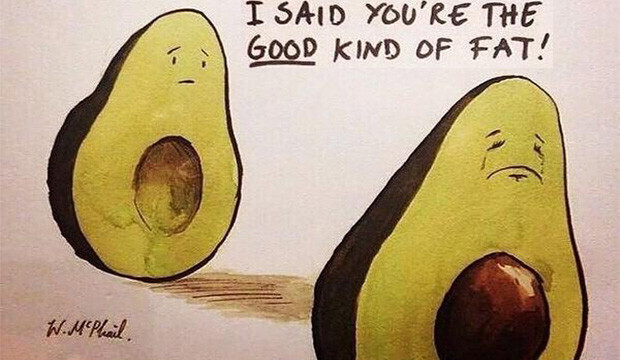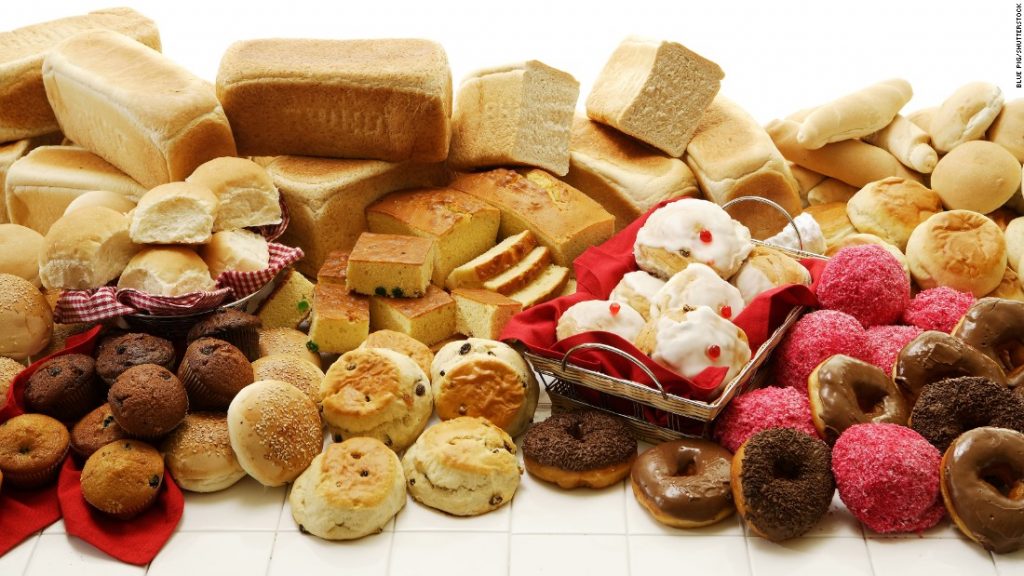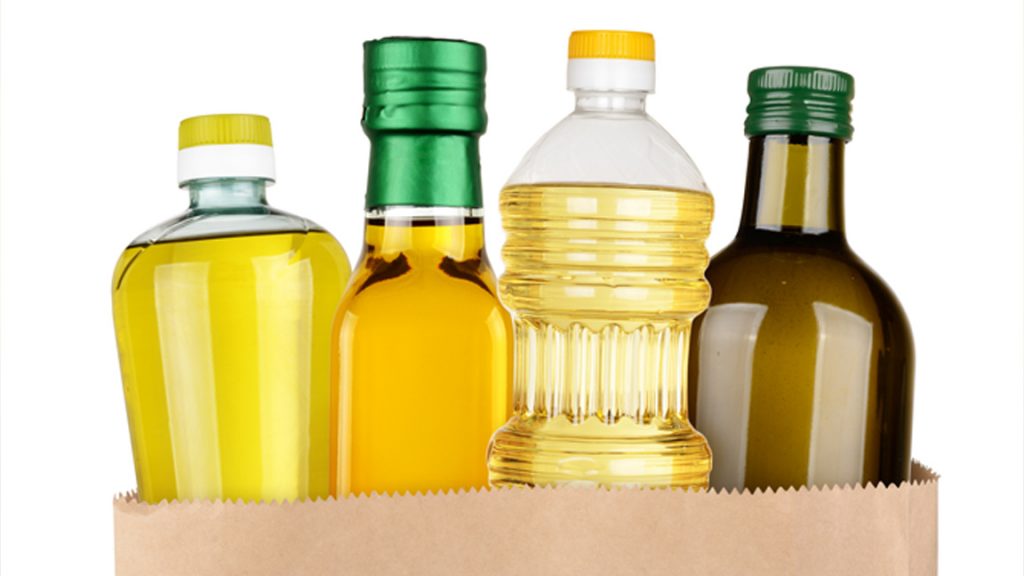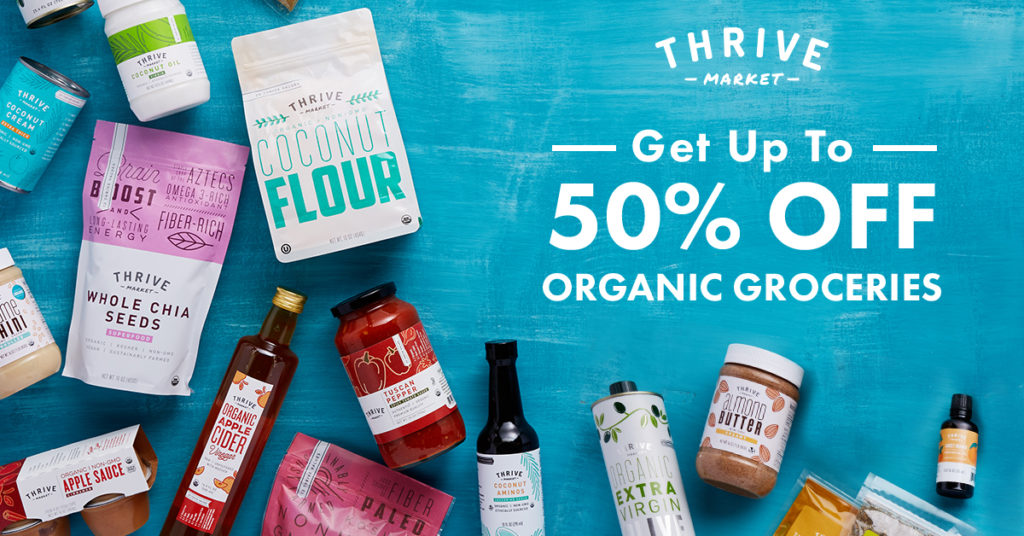Avoid the Most Unhealthy, Toxic Fats While Adding More Beneficial Healthy Fats
By now, most folks have heard that fats are NOT the bad guy we were brainwashed into thinking they were for so many years. That info is outdated, inaccurate, and skewed. We NEED fat. Fats don’t “make us fat” or “clog our arteries”. The right (healthy) fats will help us become lean and healthy!
(Hence all the current interest in the Keto lifestyle for those looking to transform their bodies and brains. It’s a high fat, low carb, moderate protein approach to eating that delivers incredible results.)
However, there ARE some fats that definitely need to be avoided for the sake of our health. It’s the man-made saturated fats and highly processed unsaturated fats that are the most common sources of UNhealthy, dangerous, toxic fats.
1) Hydrogenated and partially-hydrogenated (TRANS) fats top the list of damaging fats. (Hydrogenation turns fats that are naturally liquids at room temperature into fats that are solid at room temperature.) Common sources are hydrogenated or partially-hydrogenated corn, soy, palm, and cottonseed oils. Margarine & shortening are made from hydrogenated fats – typically made from cheap oils like canola, soy, and corn.
These trans fats are associated with systemic inflammation (a root cause of all chronic dis-ease), insulin resistance, diabetes, cancer, immune system dysfunction, obesity, weight loss resistance, decreased visual acuity, increased risk of depression, difficulty with lactation, and a host of additional health challenges.
Some of the worst trans fats food sources to avoid are ‘conventional’ sources of: fried foods, pasta, bread, breakfast pastries, pre-made desserts, and convenience salty snack foods.
2) The other type of fat/oil to be careful when selecting is Unsaturated Oils.
These oils make up the vast majority of oils sold in the U.S. – they are typically highly processed and oxidize very easily. (Oxidation happens when oils are exposed to light, heat, or air and it promotes the production of free radicals… chemicals that are potentially very damaging to our cells and have been linked to increased risk of developing cancer.)
Unsaturated oils include:
● vegetable oil (yes, you read that correctly)
● canola oil
● sunflower oil
● safflower oil
● corn oil
● grapeseed oil
● rice bran oil
● sesame oil
● cottonseed oil
● peanut oil
Just to add fuel to the flame of dangerous oils, soy, canola, corn, and cottonseed are oftentimes grown as GMO crops (genetically modified). GMO foods come with a known laundry list of serious health risks as well, including immune system malfunction, accelerated aging, damage
to the gastrointestinal system (“leaky gut”), and disruption to insulin regulation.
When you see the number of oils on this UNhealthy list, you can see why it’s SO important to be diligent about cleaning up our source of fats in the diet if we want to protect & improve our health, inside and out!
Let’s Simplify!
Before you get too stressed out about memorizing all the bad oils to avoid, let’s focus on the GOOD and keep things simple!
The more you prepare your own food, or are familiar with what’s used in the preparation of your food, the better off you’ll be.
At home, we keep it super-simple and just use the following 6 oils/fats for almost ALL our cooking and food prep needs:
- Grass-fed butter
- Avocado oil – good for cooking at higher temps
- Organic Extra Virgin Cold-Pressed OIive Oil – not suitable for cooking, but great for dressings & drizzling over food *** choose extra virgin sources that come in a dark glass bottle, and don’t be fooled by the words “pure”, “light”, or “blend” on the label – none of these equate to healthier, better, or safe
- Organic Virgin Cold-Pressed {Unrefined} Coconut Oil – good for cooking at higher temps
- Organic, grass-fed, cultured ghee – it IS considered a good fat to cook at higher temps with, but I primarily use it in my morning coffee!
- MCT oil (“medium chain triglycerides”, a saturated fat) – great for metabolism, I also add this to coffee, dressings, and the occasional smoothie
Whole food sources of healthy fats we aim to consume on a regular basis are:
- grass-fed butter & ghee mentioned above
- avocados
- grass-fed beef, bison
- organic cage-free poultry & eggs
- wild caught salmon
- sardines, anchovies
- organic cultured, whole fat heavy whipping cream, cottage cheese, plain yogurt
- walnuts, almonds, chia seeds, flax seeds
THERE. Do those last two lists make this notion of healthy fats a little less intimidating? I hope so! If you’re just getting started with cleaning things up, I’d start by adding numbers 1-4 on the list of fats we use in our daily food prep & cooking. That simplifies it even more!
 Dr. Colleen Trombley-VanHoogstraat (“Dr Mom Online”) is a popular personality in Natural Health & Wellness and is in her 23rd year of active practice in Michigan, along with her husband Dr. Marc VanHoogstraat. She’s also the proud mom of two rather fabulous kiddos that she currently home schools. Her unique perspective of the science of Wellness provides predictable solutions and transformational results for those struggling with chronic health issues, as well as those seeking lifelong health. To discover her simple strategies for creating better health through nutrition, movement, mindset, cellular detoxification, and metabolic re-setting, jump on board as a regular reader of Dr Mom Online when you plug in your name and email address.
Dr. Colleen Trombley-VanHoogstraat (“Dr Mom Online”) is a popular personality in Natural Health & Wellness and is in her 23rd year of active practice in Michigan, along with her husband Dr. Marc VanHoogstraat. She’s also the proud mom of two rather fabulous kiddos that she currently home schools. Her unique perspective of the science of Wellness provides predictable solutions and transformational results for those struggling with chronic health issues, as well as those seeking lifelong health. To discover her simple strategies for creating better health through nutrition, movement, mindset, cellular detoxification, and metabolic re-setting, jump on board as a regular reader of Dr Mom Online when you plug in your name and email address.
IT’S HERE!!!! “The Bull’s Eye Daily Food Guide” is my FREE gift to you! This is your single-glance tool to simplify nutrition, maximize fat loss & metabolic flexibility, and optimize vibrant health & longevity! You will definitely want this tool posted in your kitchen! Be sure to grab your free copy!
For more of Dr. Colleen’s Wellness Lifestyle books, check out her library available online at http://amazon.com/author/drcolleen.







